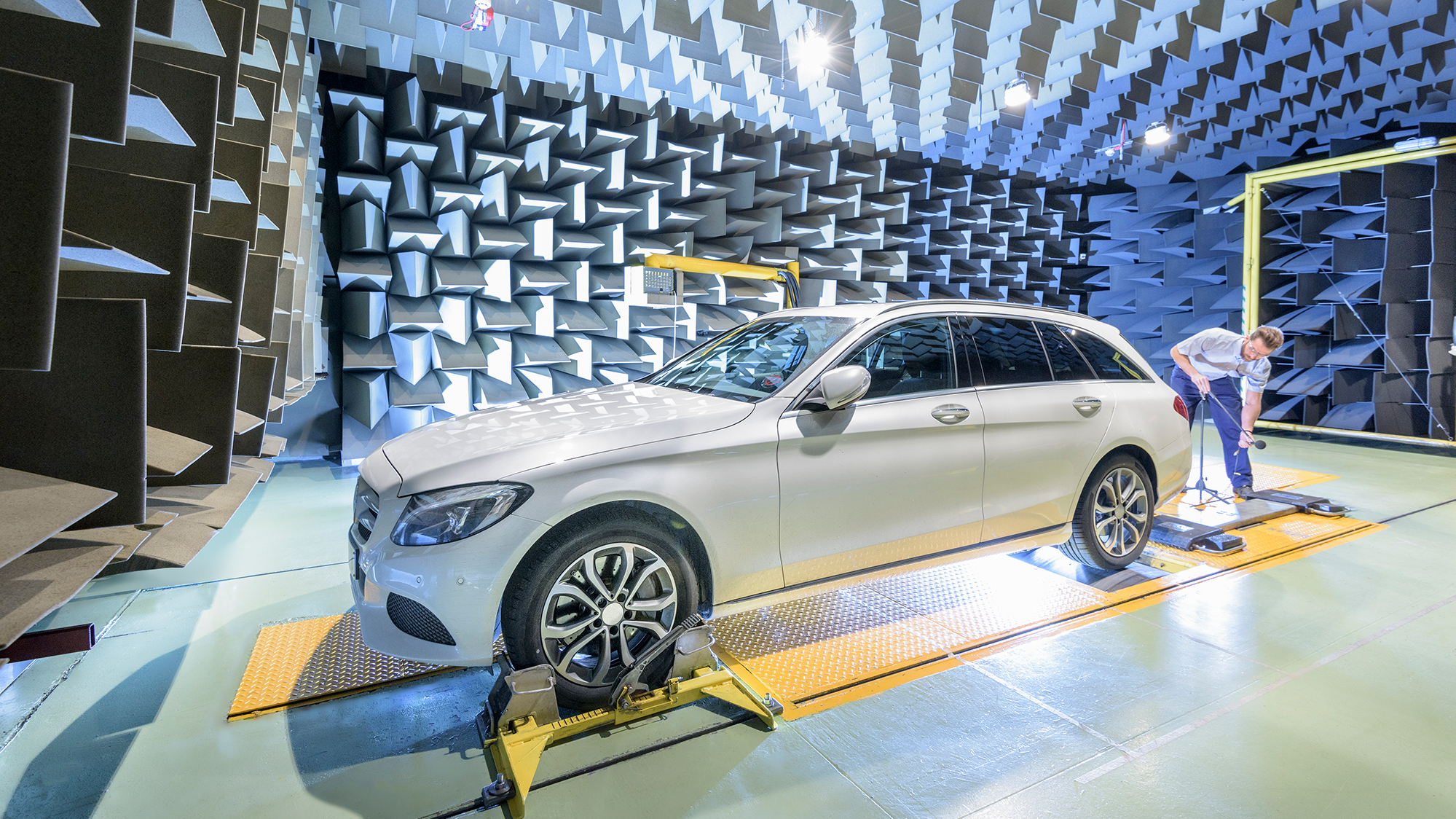FCC Defends Decision to Free V2V Spectrum for WiFi
Tells court repurposing licensed spectrum to unlicensed was in public interest

The smarter way to stay on top of the multichannel video marketplace. Sign up below.
You are now subscribed
Your newsletter sign-up was successful
The FCC, backed by the Biden Justice Department, is telling a federal appeals court that it was reasonable for the commission to reclaim a swath of 5.9 GHz licensed vehicular communications spectrum for unlicensed WiFi, and it had the authority to do it.
That came in a brief filed with the U.S. Court of Appeals for the D.C. Circuit.
The Intelligent Transportation Society of America and the American Association of State Highway and Transportation Officials sued the FCC over its unanimous decision and had sought an emergency stay from the court, which denied that request in August, meaning the underlying case proceeded.
Also Read: NCTA Tells FCC To Stay on Road to WiFi 5.9 GHz Sharing
The FCC voted unanimously under former FCC Chairman Ajit Pai to free up the lower 45 MHz of the 5.9 GHz band for wireless broadband while transitioning the remaining upper 30 MHz to the latest iteration of vehicle-to-vehicle (V2V) communications, and cellular vehicle-to-everything (C-V2X) technology.
In its filing this week, the FCC said that its decision was reasonable and reasonably explained; that its repurposing excess spectrum to meet the burgeoning demand for unlicensed WiFi was in the public interest, and that it has the authority to repurpose spectrum and modify licenses.
On the issue reasonableness, the FCC said, there is "a pressing need for improved WiFi internet service and other unlicensed uses," and that the 5.9 GHz spectrum could be freed up "while also preserving ample capacity for present and anticipated vehicular-communications needs."
The smarter way to stay on top of the multichannel video marketplace. Sign up below.
It said that was doable in part because vehicular communications have barely been employed in the band to date, while many of the anticipated uses for vehicle-to-vehicle communications have shifted to other technologies and spectrum bands.
On the other side of the coin, WiFi, which "barely existed" when V2V got the spectrum over two decades ago, "has exploded," the FCC said, driven in part by the rise in remote work and learning during and in the wake of the pandemic.
The FCC says it carefully balanced competing demands and exercised sound judgment using its spectrum-management authority.
Appeals courts generally give significant deference to regulatory agencies' subject matter expertise.
Contributing editor John Eggerton has been an editor and/or writer on media regulation, legislation and policy for over four decades, including covering the FCC, FTC, Congress, the major media trade associations, and the federal courts. In addition to Multichannel News and Broadcasting + Cable, his work has appeared in Radio World, TV Technology, TV Fax, This Week in Consumer Electronics, Variety and the Encyclopedia Britannica.

